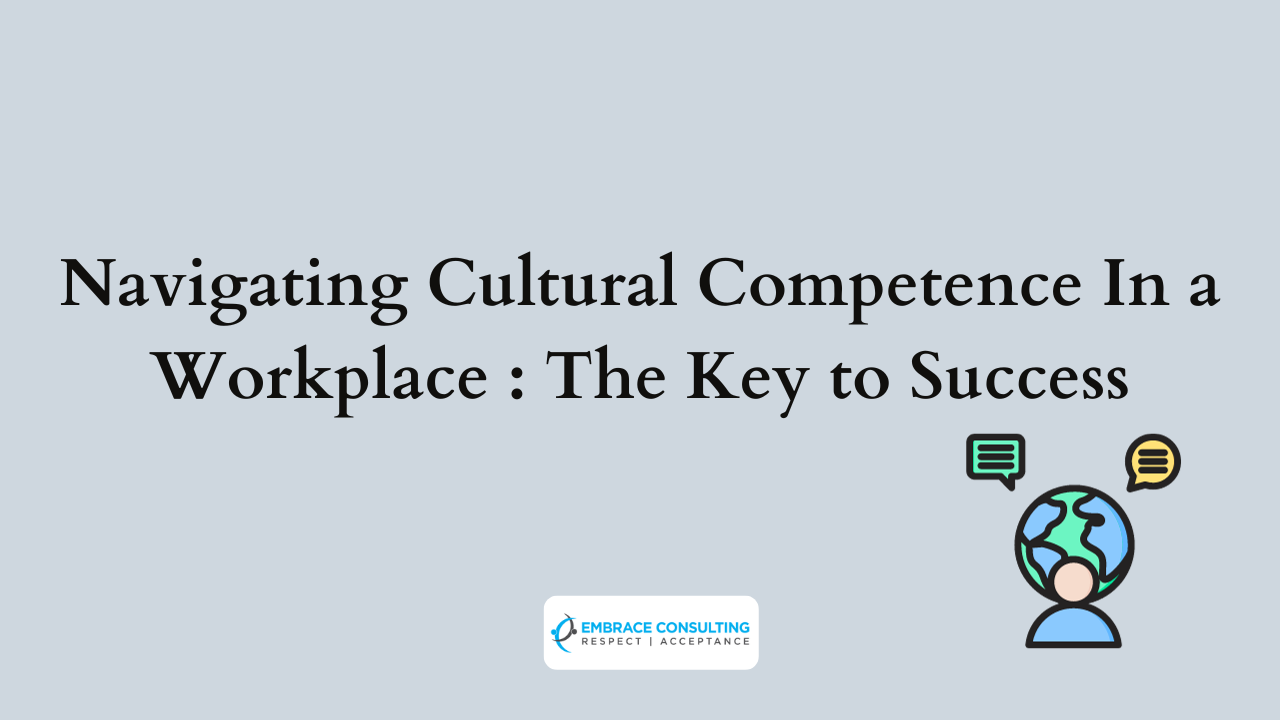In today’s globalized world where organisations have been made aware about the importance of embracing diversity and inclusivity in their work cultures, the awareness about issues related to social justice, prejudice and stereotypes has also increased. Therefore it is crucial now, more than ever for organisations to start fostering and prioritizing ‘Cultural Competence’ in their work environmentsyeezy shoes for sale ja morant jersey original nike air max 270 women’s sale cheap jerseys cheap baseball jerseys cheap jordan 1 cheap baseball jerseys yeezy shoes cheap baseball jerseys aguilas cibae?as jersey durex skin feel cheap sex toys best wigs adam and eve adult store cheap baseball jerseys
What is Cultural Competence?
When defining cultural competence, it is important to note that it goes beyond the mere acknowledgement of differences and extends out to valuing your own cultural beliefs while at the same time valuing others’ cultural beliefs that might be different from your own.
In the context of a workplace, It includes the practice of learning as well as respecting the different cultures of the people you work with. The presence of Cultural Competence has the power to cultivate a work environment of respect, inclusion and harmony.
- Cultural Competence- International Business
In the context of an International business, effective communication can be a major powerful tool for the organization’s success through the practice of proper business socialization, being tuned to different communication styles etc. The knowledge of formal business etiquette, effective relationship-building skills and developing a global mindset that aims to tackle challenges through a broader perspective can also pave the way for an organisation in the global market.
- Cultural Competence- Indian Business
In the context of an Indian Business, it is necessary to note that India as a country is deeply rooted in diversity. India being a holistic and collectivistic culture tends to hold significance in building strong alliances as well as sustaining them. This sense of diversity also reflects into the professional world, therefore it is crucial to navigate through and respect the nature of this diversity for improved business interactions.
Importance of Cultural Competence in the Workplace
Research suggests that, relationships with clients, partners, and coworkers can be greatly impacted by an understanding of and respect for cultural differences, which can eventually affect the success of an organisation.
Here are some pointers which explain the importance of a culturally competent organisation :
- Strengthened Team Relations: An organisation that is diverse, inclusive and culturally competent has the ability to communicate and collaborate effectively when its employees feel valued and respected for their identity.
- Improved Customer Relations: When an organisation respects and understands the diverse backgrounds of their customers, it leads to the strengthening of the bridge between the organisation and its customers which ultimately leads to the satisfaction of the customers and increased loyalty.
- Enhanced Creativity and Problem-Solving Skills: Organisations with culturally competent employees are better positioned to deal with things in a creative and open-minded perspective that leads to effective problem-solving and ultimately the success of the organisation.
- Prestigious Reputation of the Organisation: Lastly, a culturally competent workplace who embraces its diverse pool of talent projects a positive image externally as the reflection of the organization’s diversity and inclusivity is viewed favorably in the present era.
How can you Cultivate Cultural Competence in the Workplace
- Social Etiquettes: A Forbes article examined how the simplest of gestures can go a long way in cultivating a respectful work environment, other practices like culturally appropriate etiquettes, proper socialization where each person’s identity is not threatened in any manner.
- Celebrating Cultural Diversity: Organizing different cultural events can not only be recreational but also provide a platform for people to actively participate in learning about the diverse range of culture that is present in their environment.
- Inclusive Leadership: When an organisation is known to have culturally diverse individuals as its leaders, it communicates as to how the organisation embraces inclusivity and values cultural sensitivity, which ultimately boosts their position in the global market.
- Cultural Sensitivity Training: For cultivating cultural competence in an organisation, cultural sensitivity training can act as a powerful tool by increasing essential and needed awareness about cultural diversity and its significance which can further help in destroying the employees’ unconscious biases and increase empathetic interactions within and outside the workplace ultimately promoting inclusion.
Thus, cross-cultural differences can heavily impact the processes of organisations with regard to how they deal with their employees, clients etc. The knowledge of the significance of a culturally competent organisation is crucial for any workplace aiming for success. Therefore, navigating cultural competence in the workplace stands as one of the core foundations of success in today’s globalized market.






